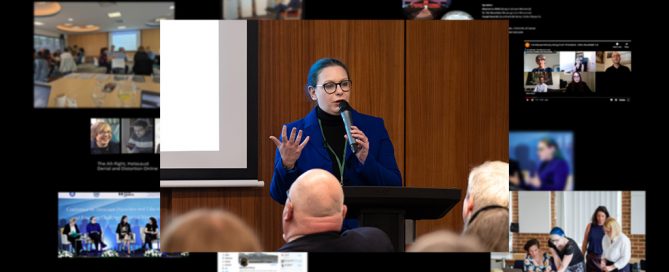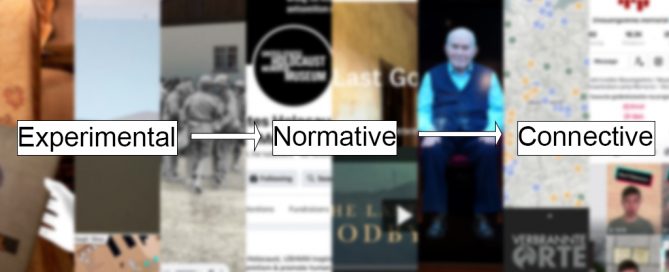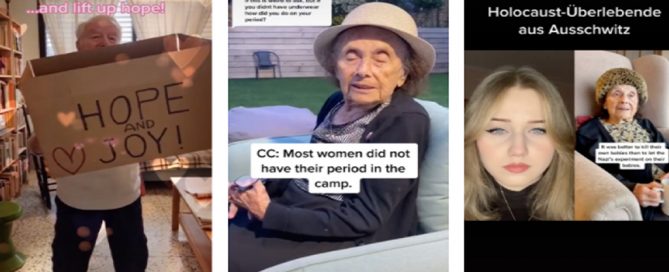How a Dislike of ‘Goodbyes’ Inspired Our Digital Holocaust Memory Programme
By Prof. Victoria Grace Richardson-Walden The Landecker Digital Memory Lab is up and running, but how did we get to this point? How did it all begin? The Director of the Lab gives her personal account of the events which led to the official launch event in London last week. I have a habit of not wanting to say goodbye to wonderful people when I meet them – this habit has served the Lab well. It’s always difficult trying to write an origin story because the way life twists and turns tends to make it difficult to identify a particular moment as pivotal. However, there are probably two moments that can be considered the origins of the Landecker Digital Memory Lab: The first British Association of Holocaust Studies Conference in 2014 held by the University of Southampton and University of Winchester. The European Holocaust Research Infrastructure’s (EHRI) Conference in 2019 held in Amsterdam, on the theme: ‘Holocaust Studies in the Digital Age. What’s New?’ During my PhD, I had wanted to explore the use of (digital) screens in Holocaust museums, but I was in a traditional film studies department, so this wasn’t possible. I settled on exploring the ‘intermedialities’ of [...]


